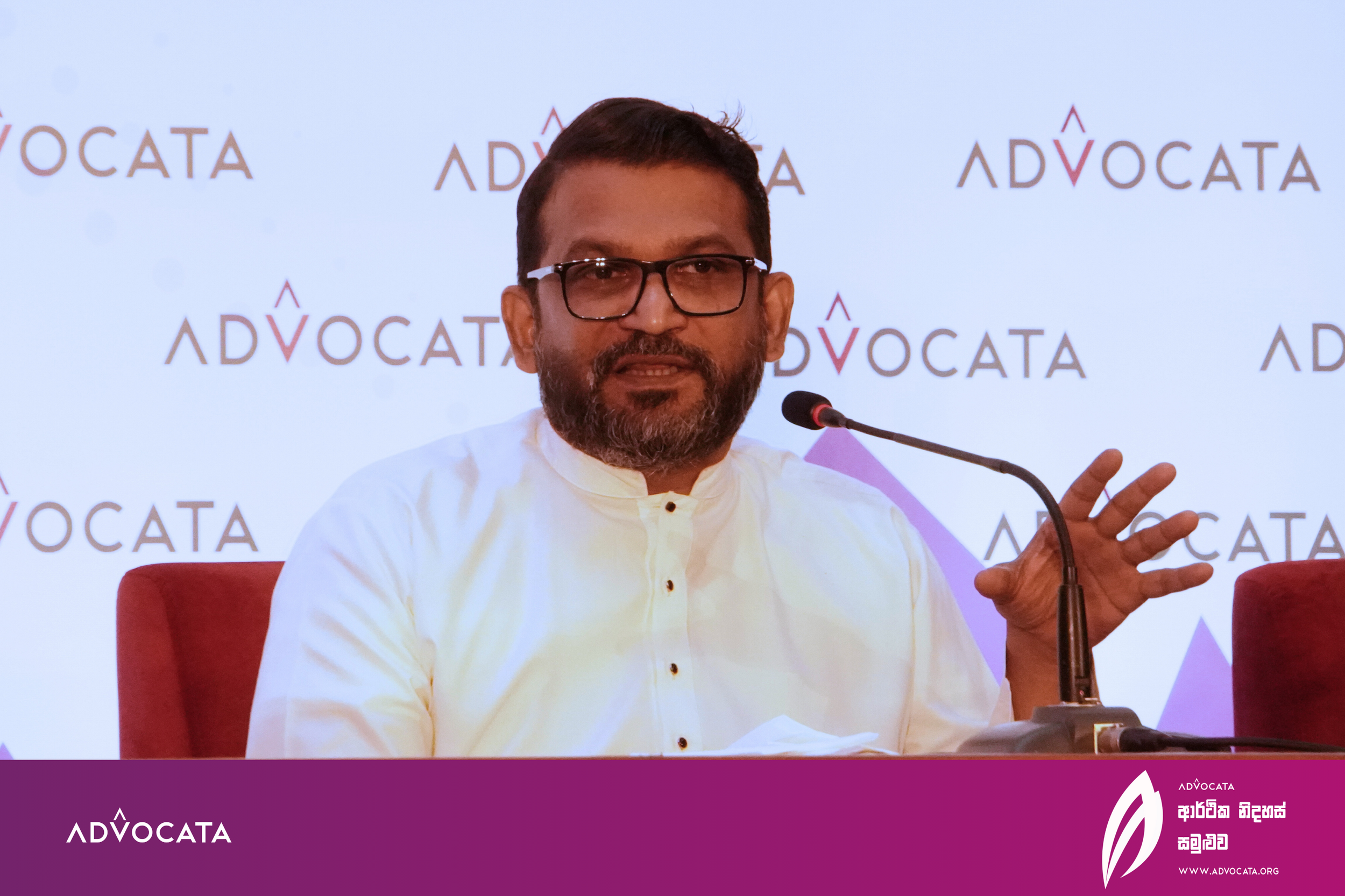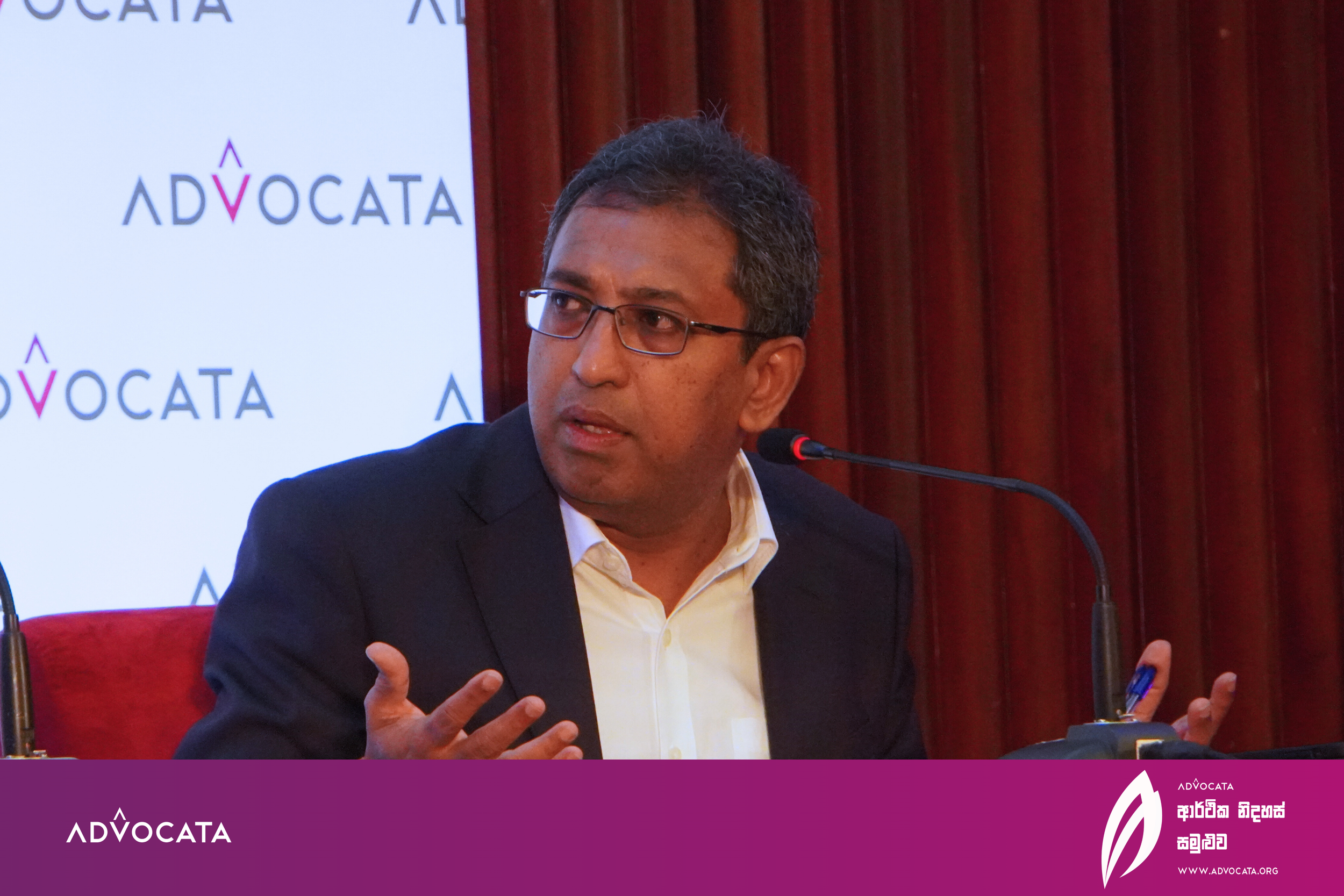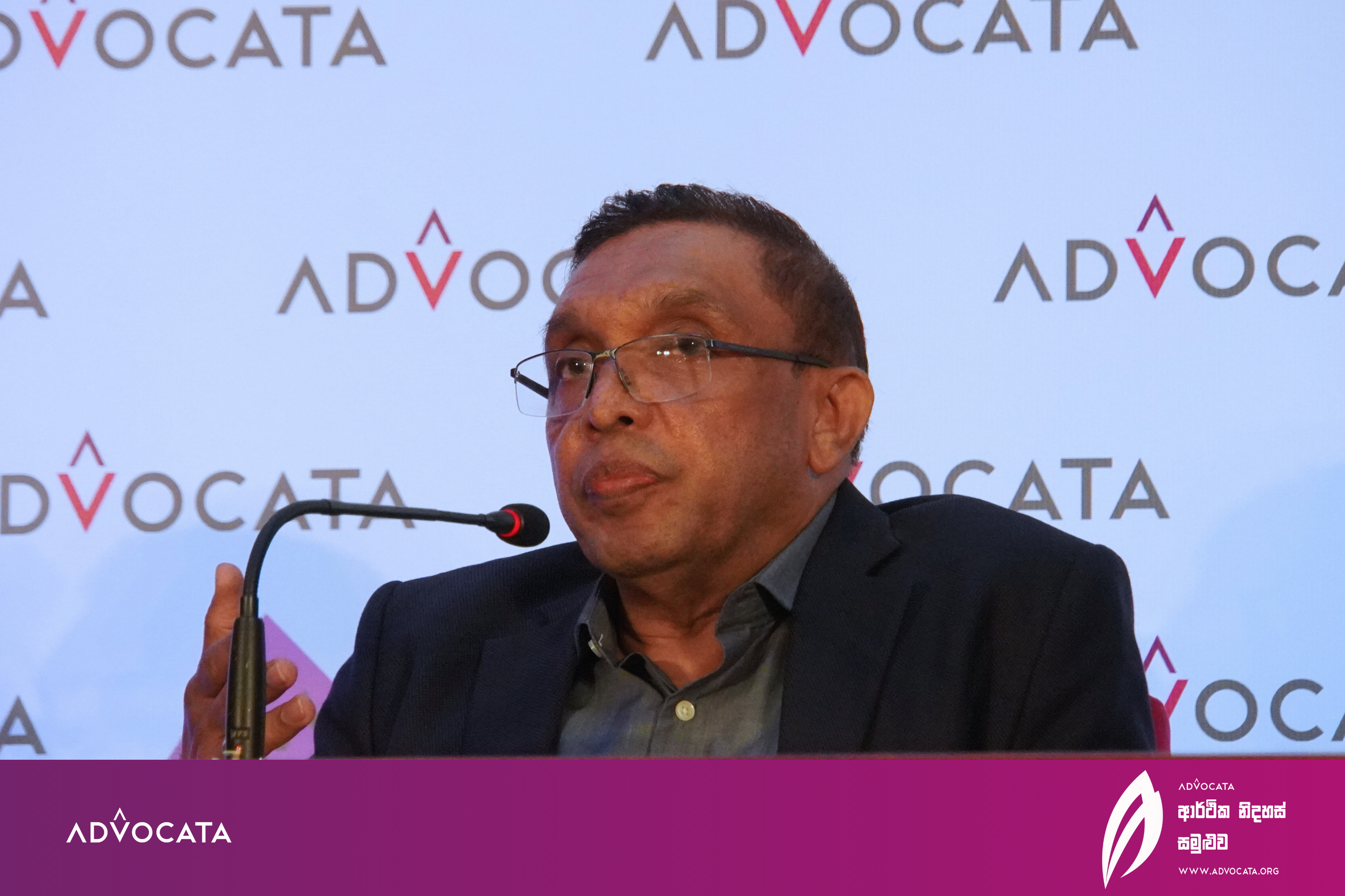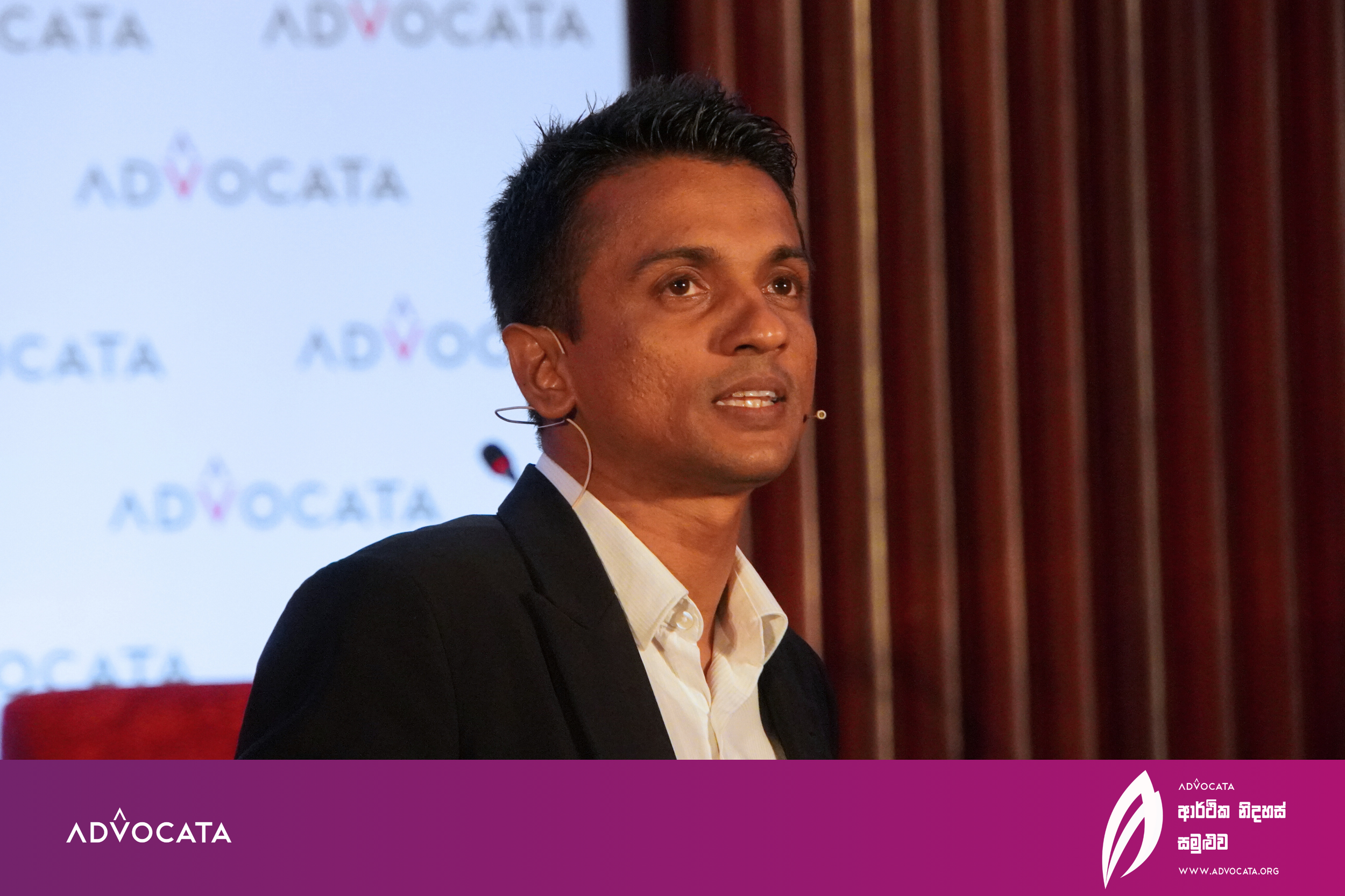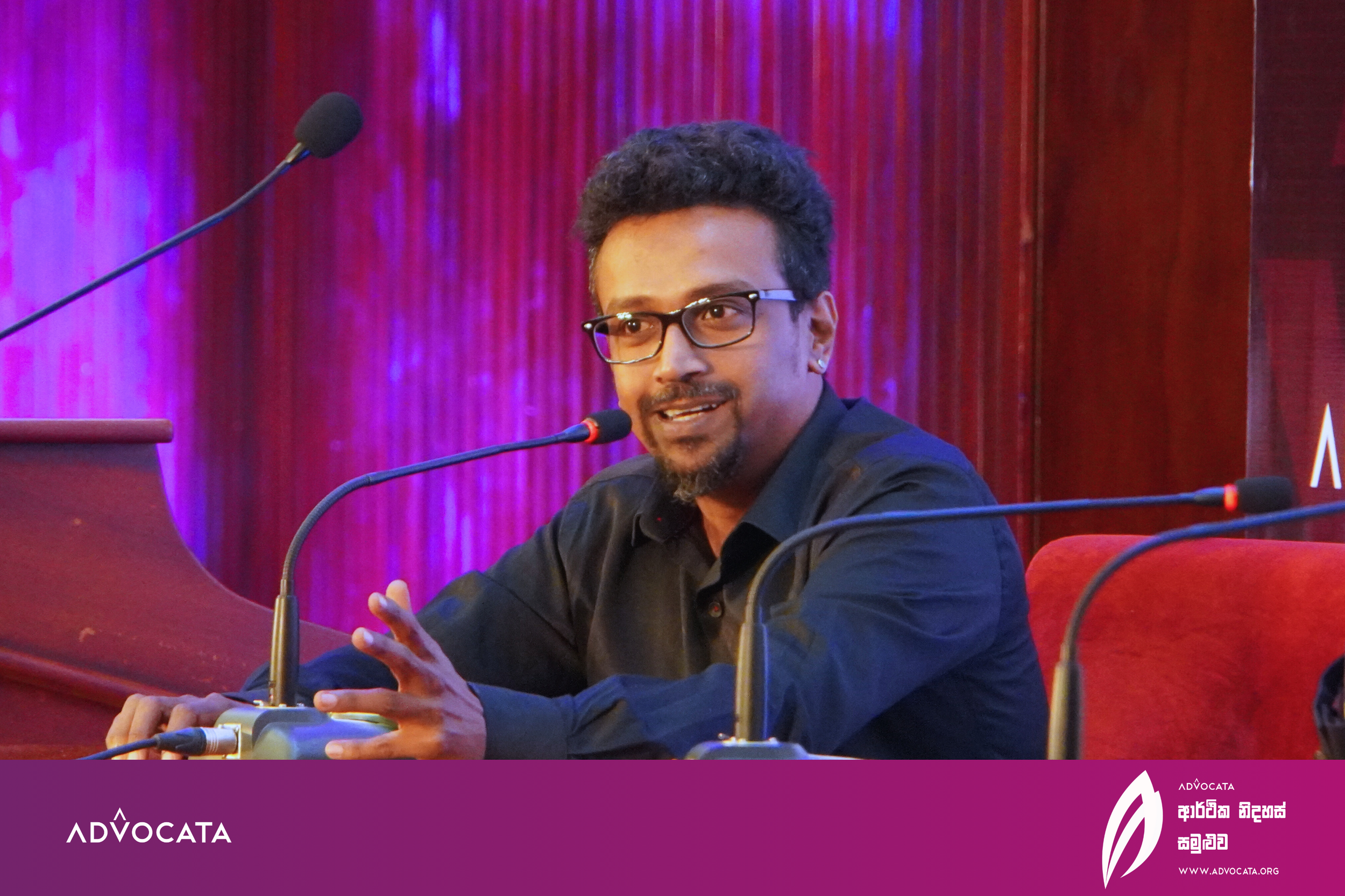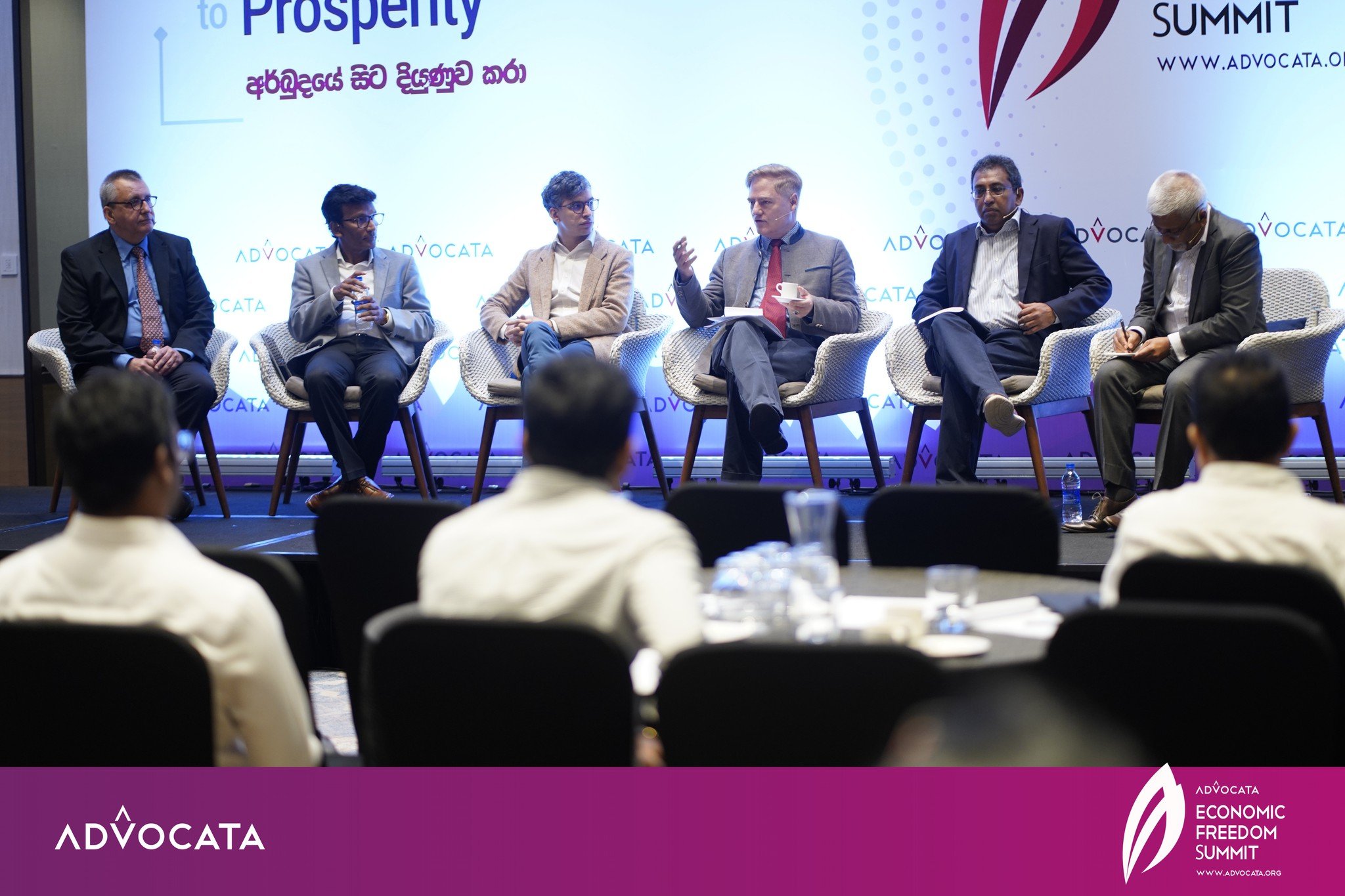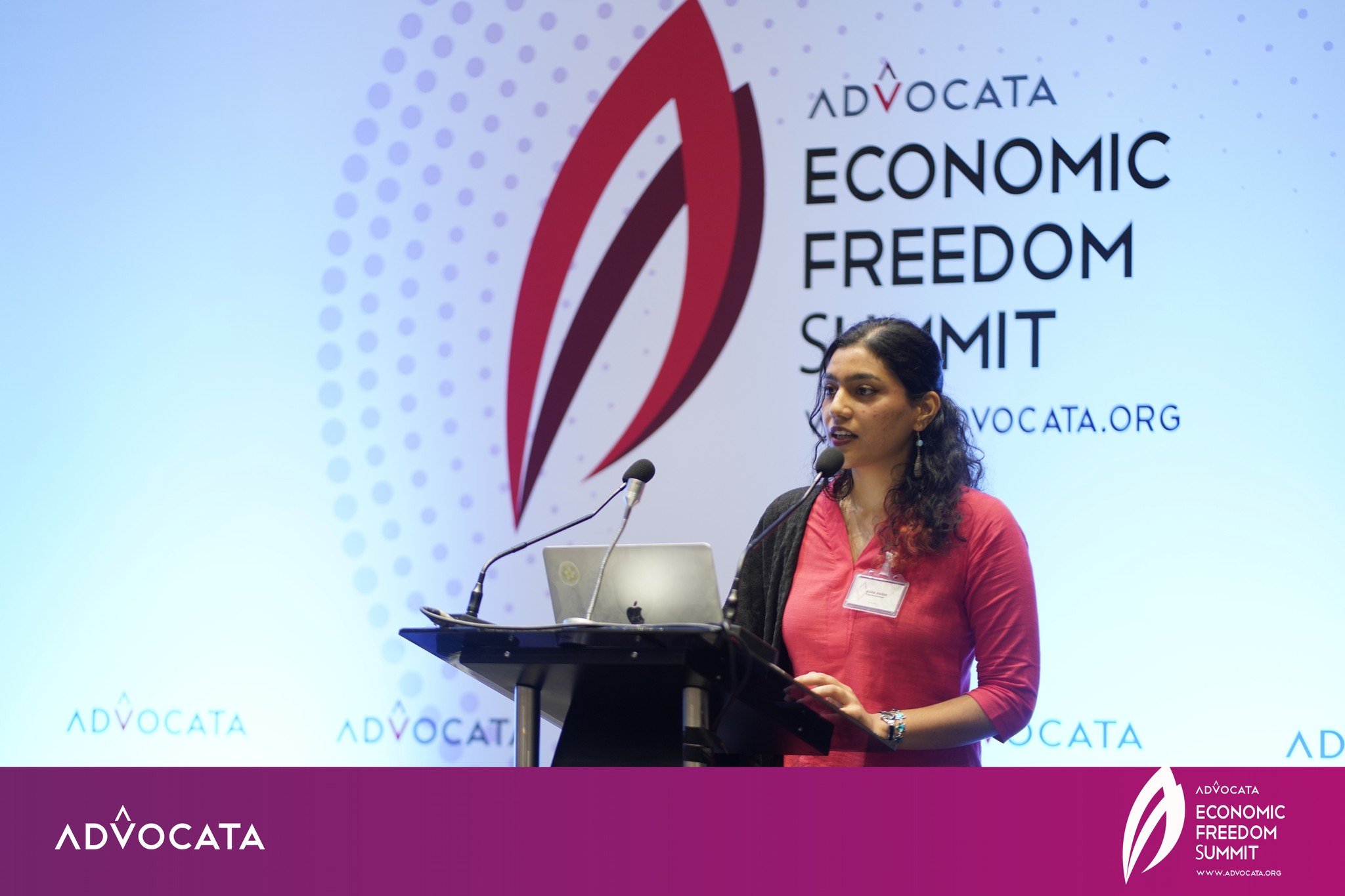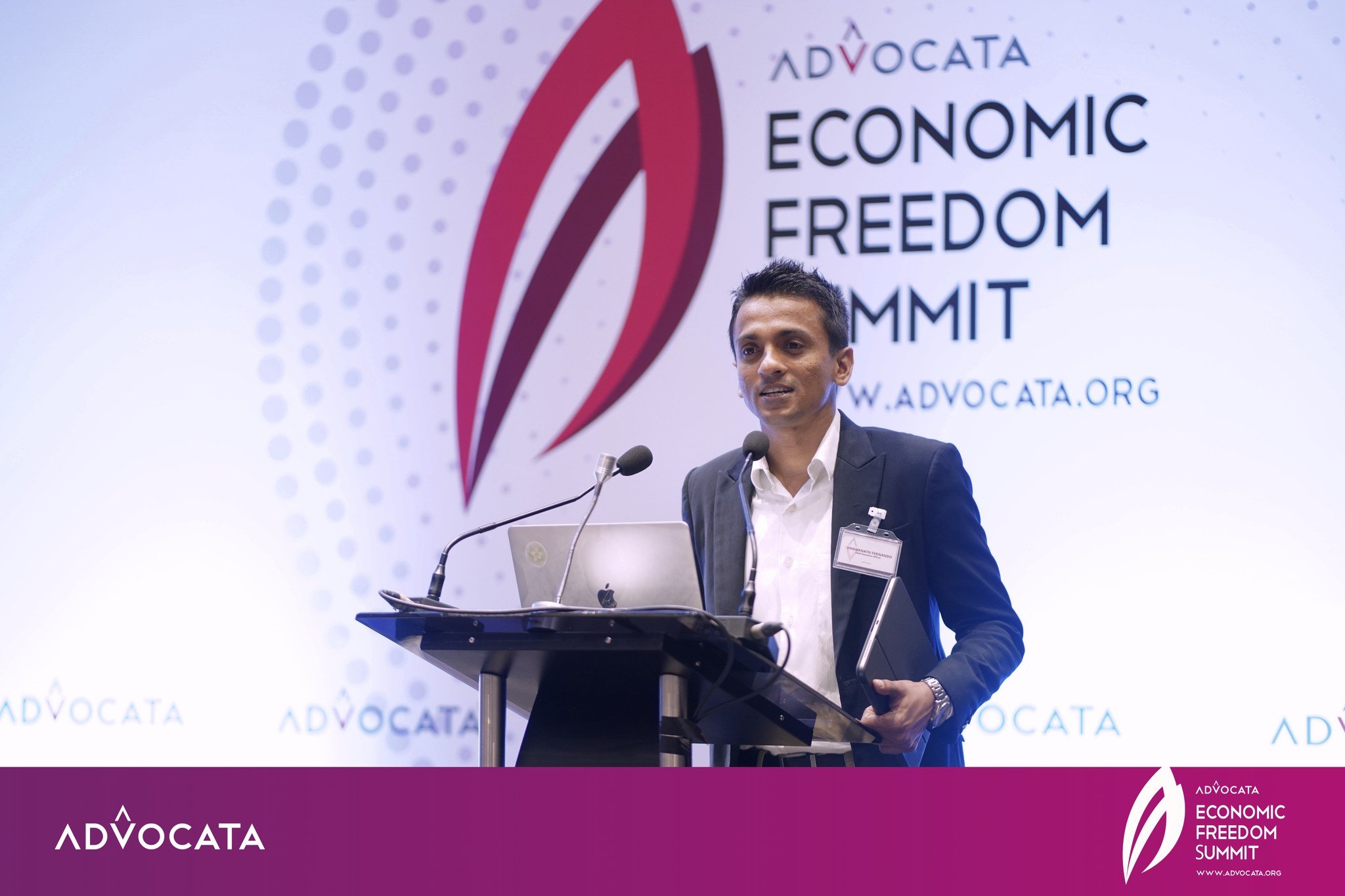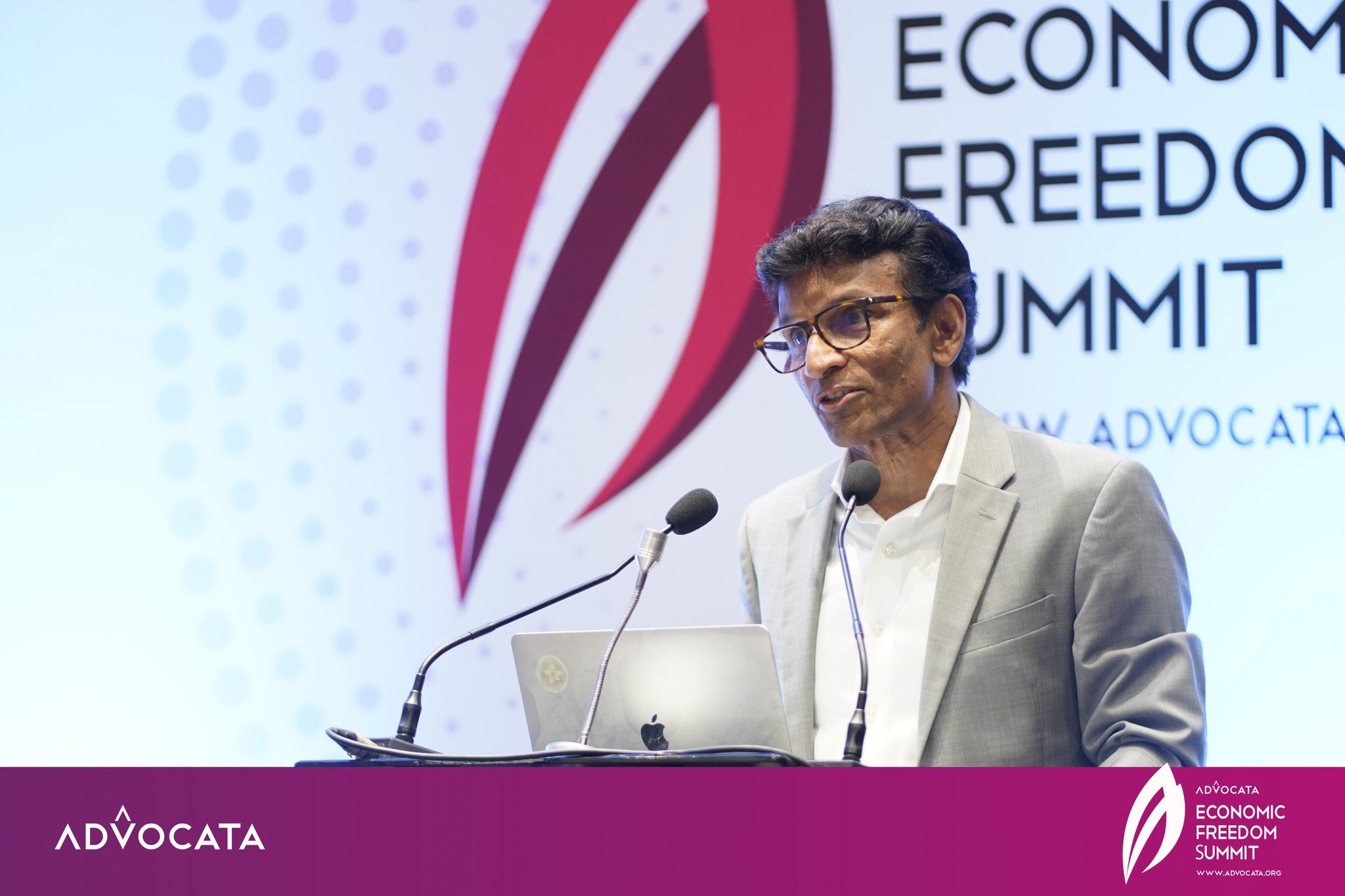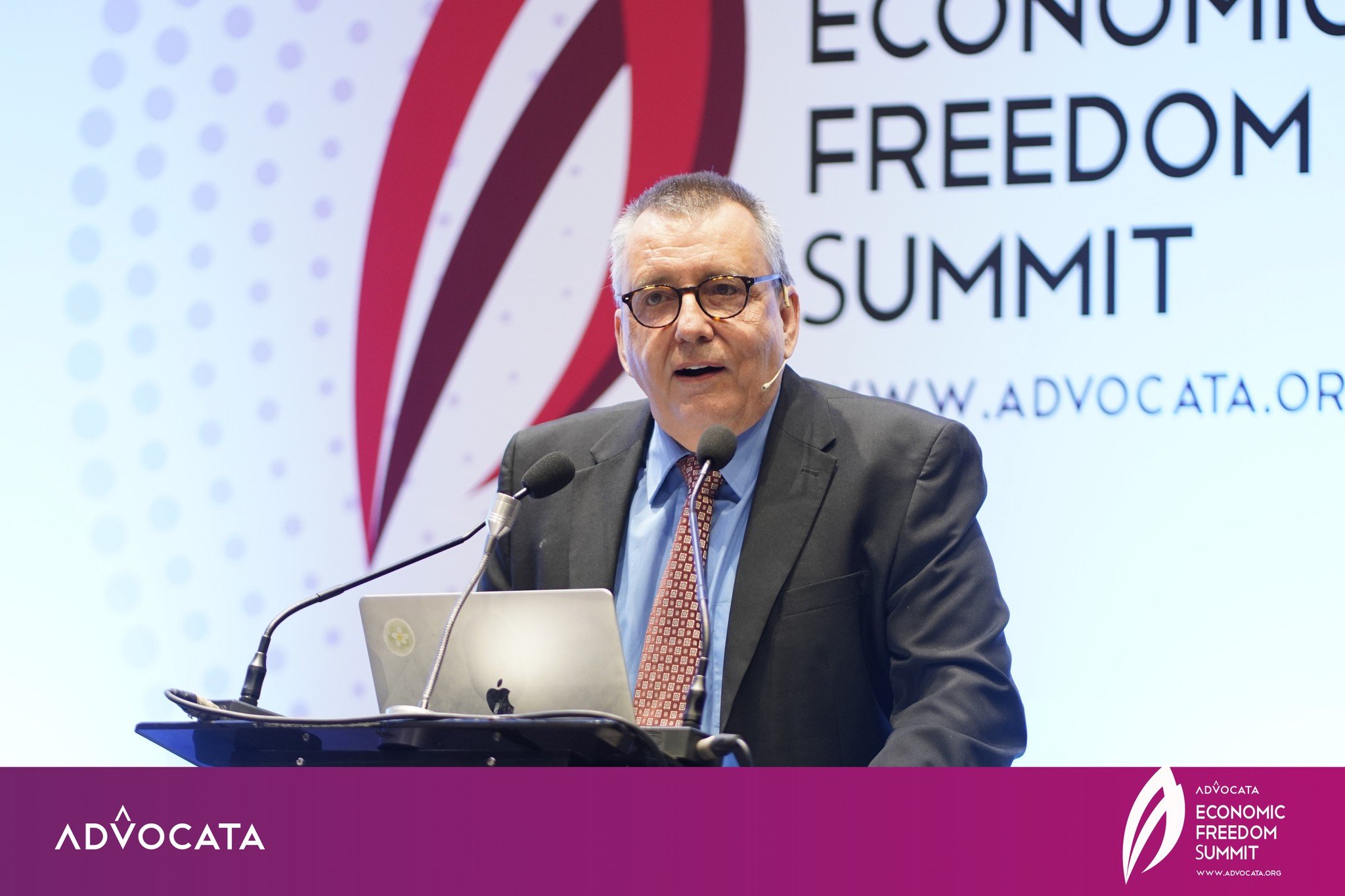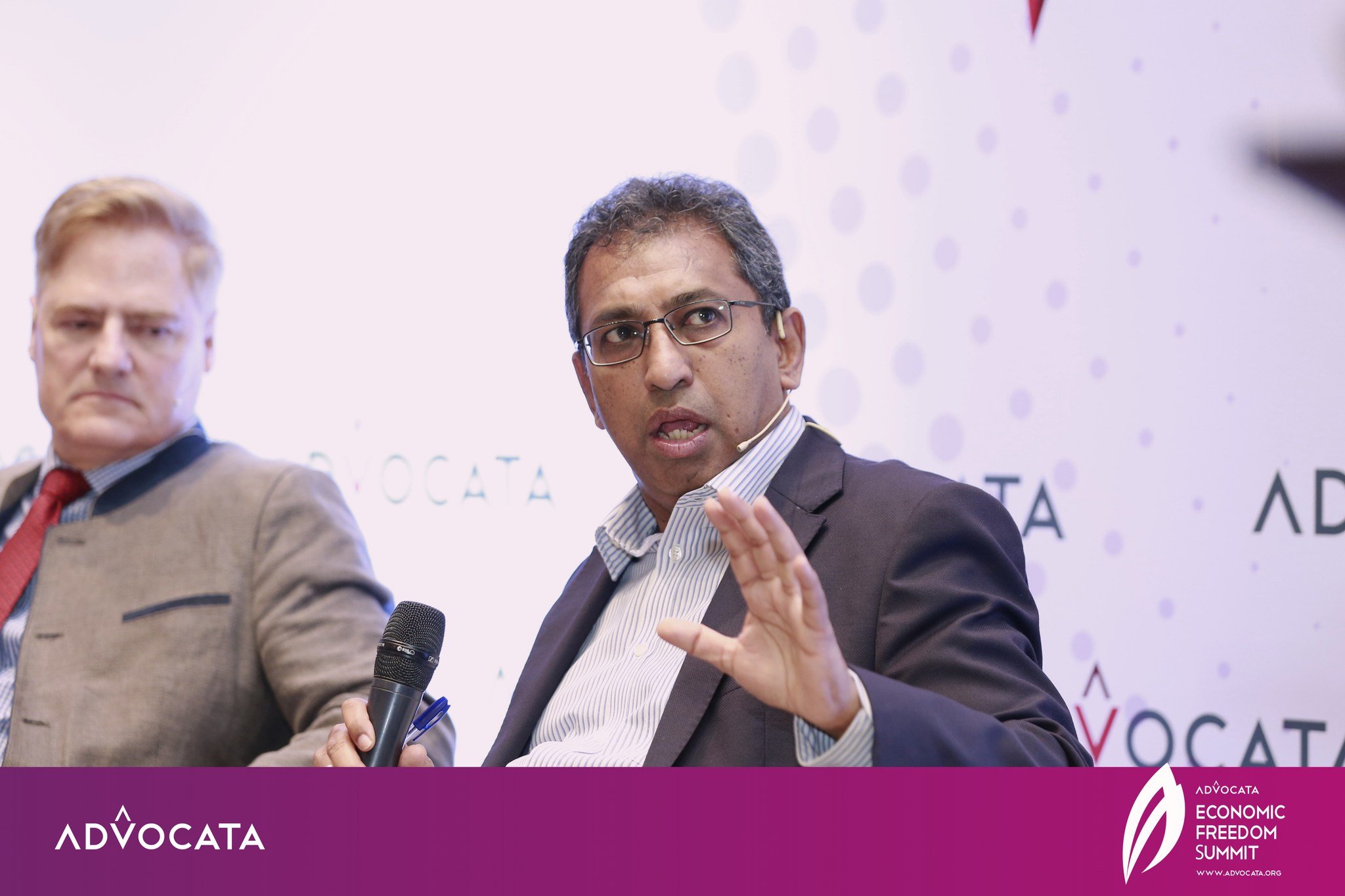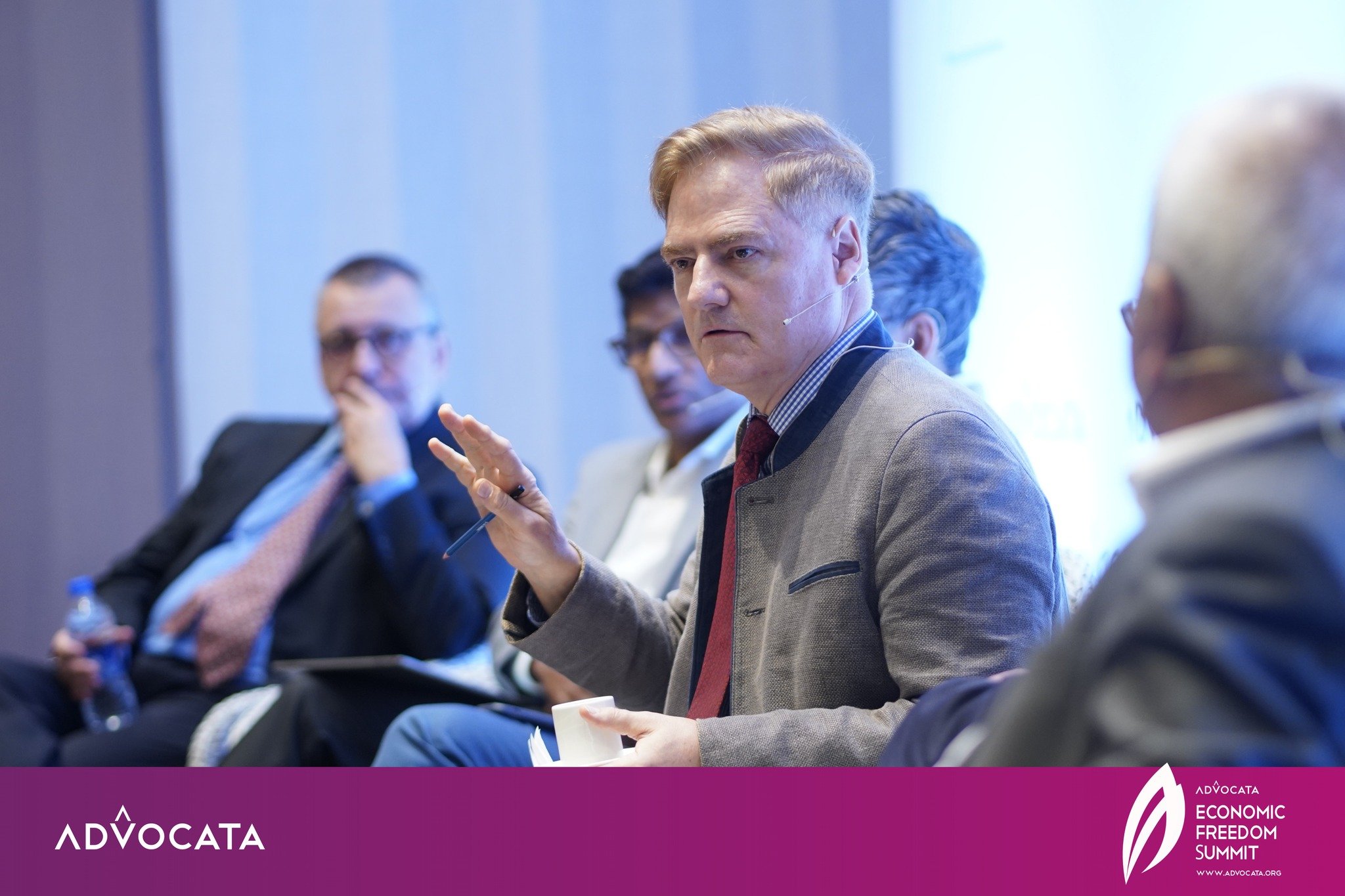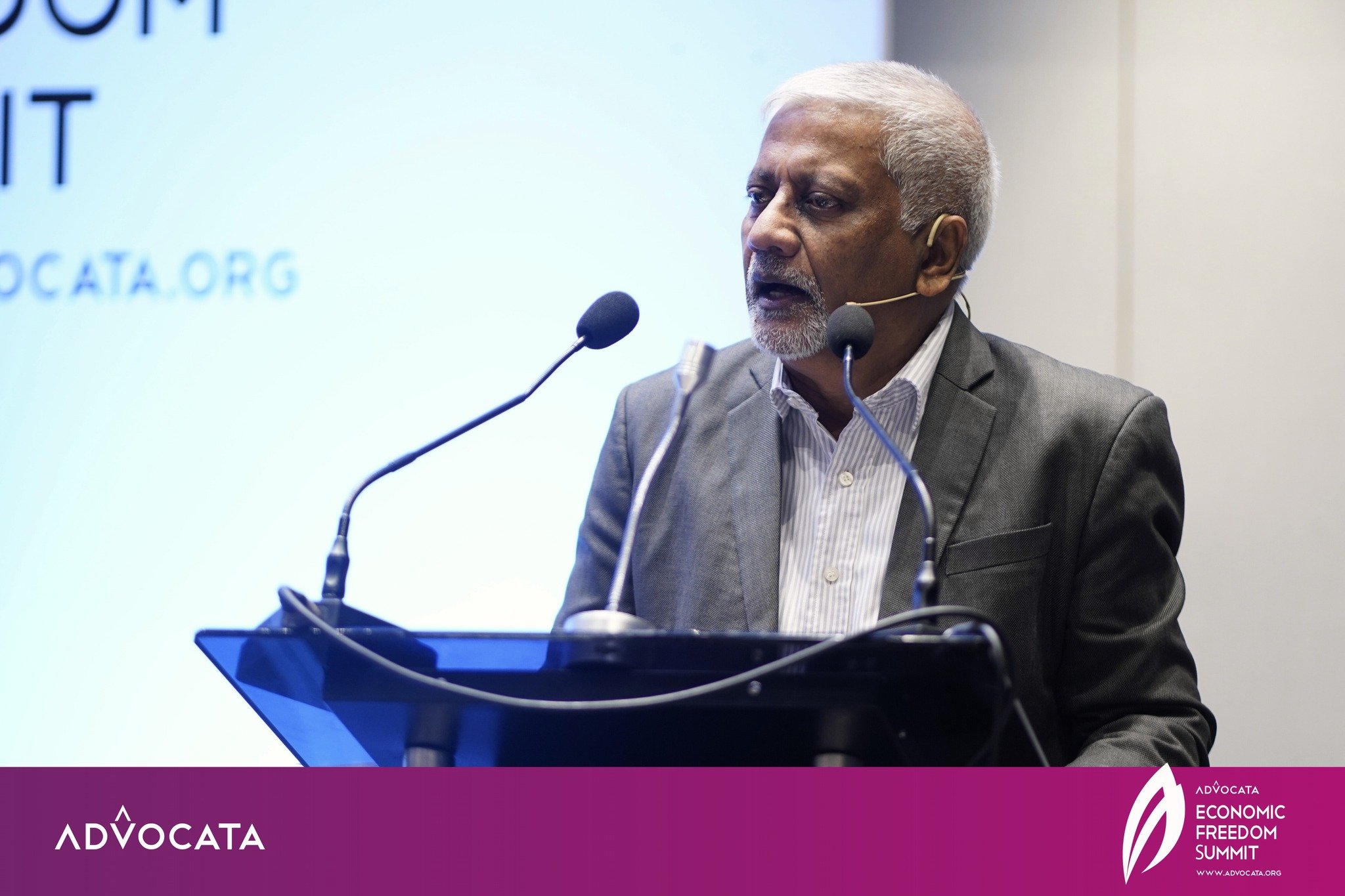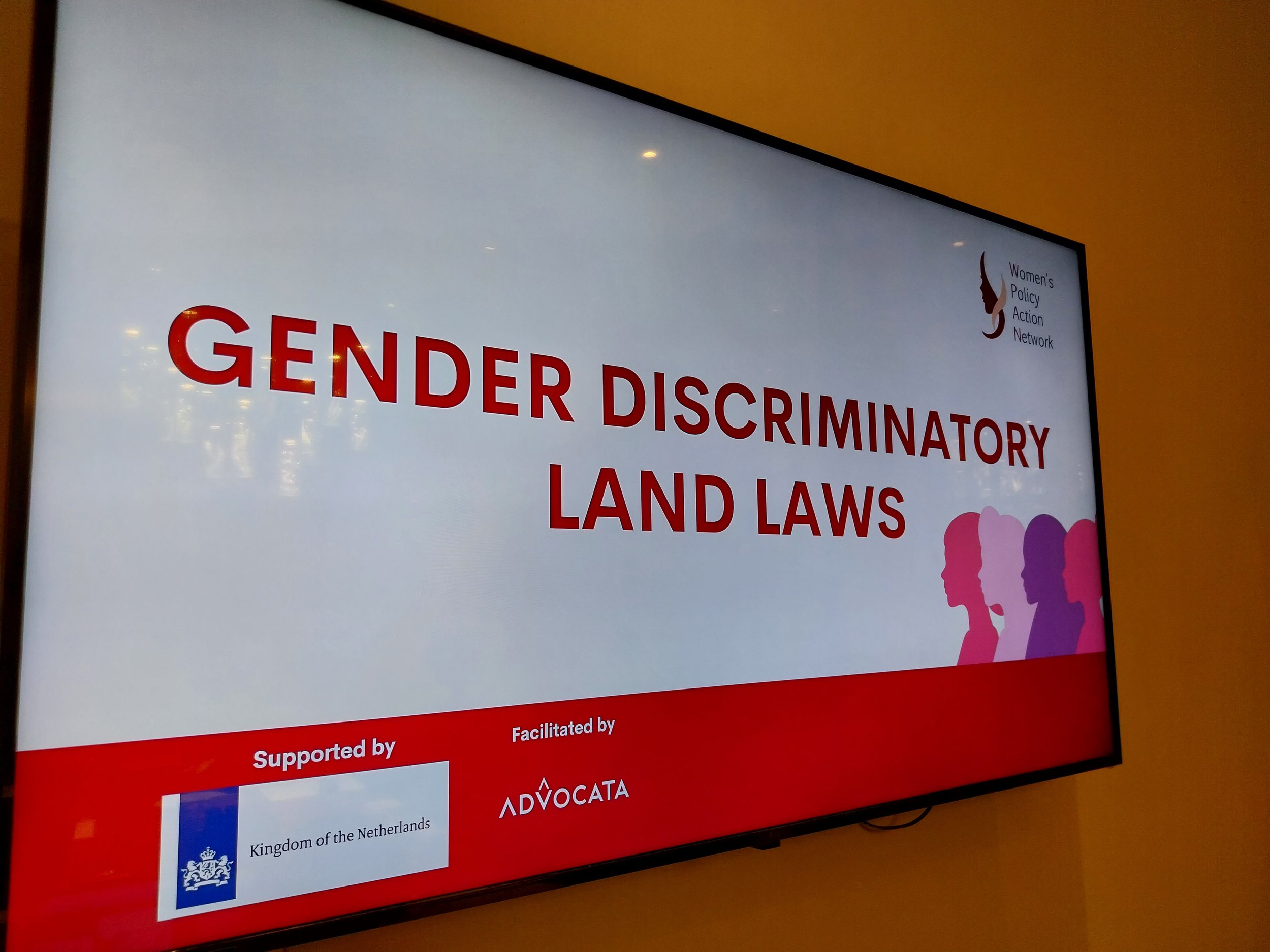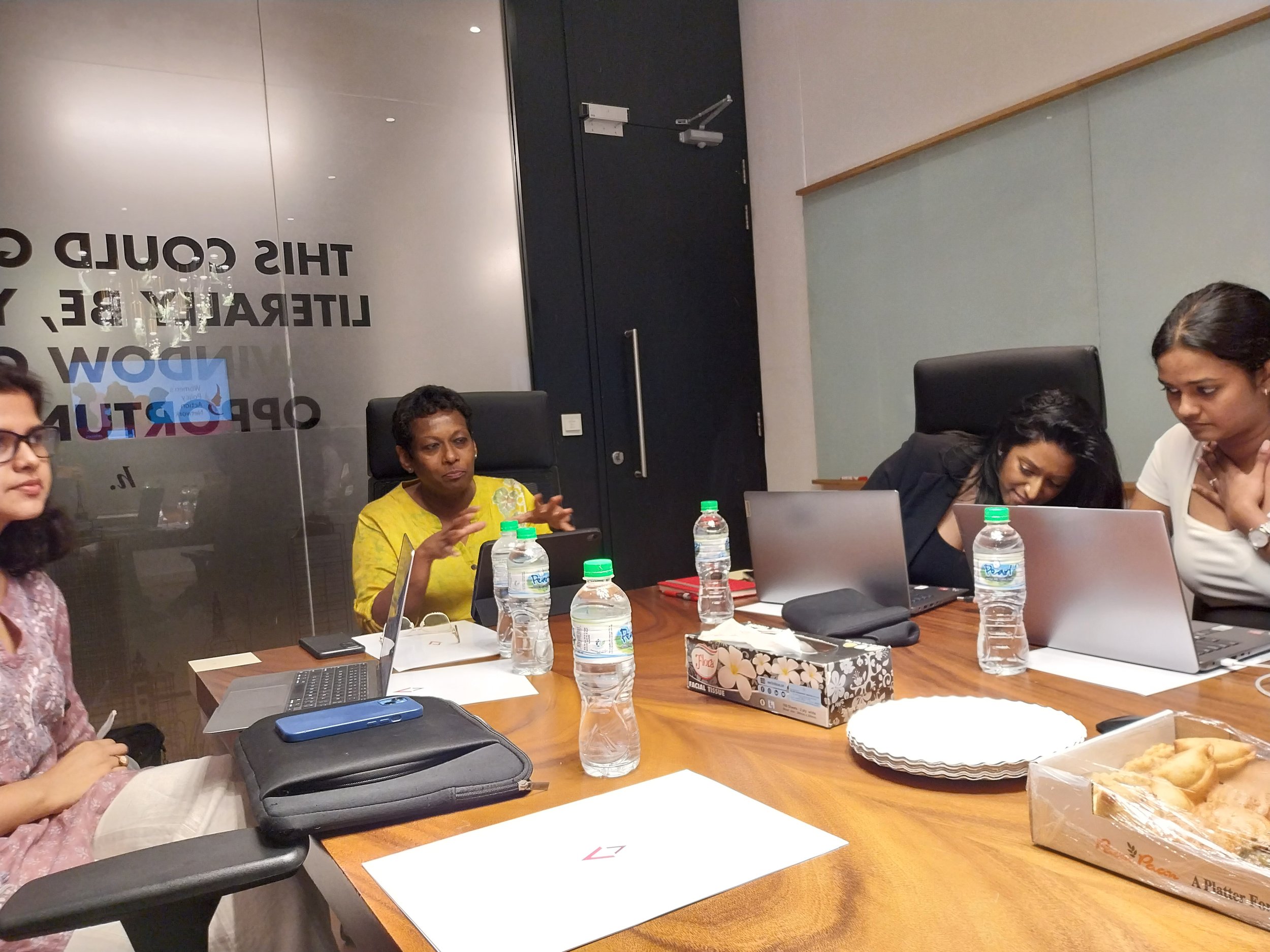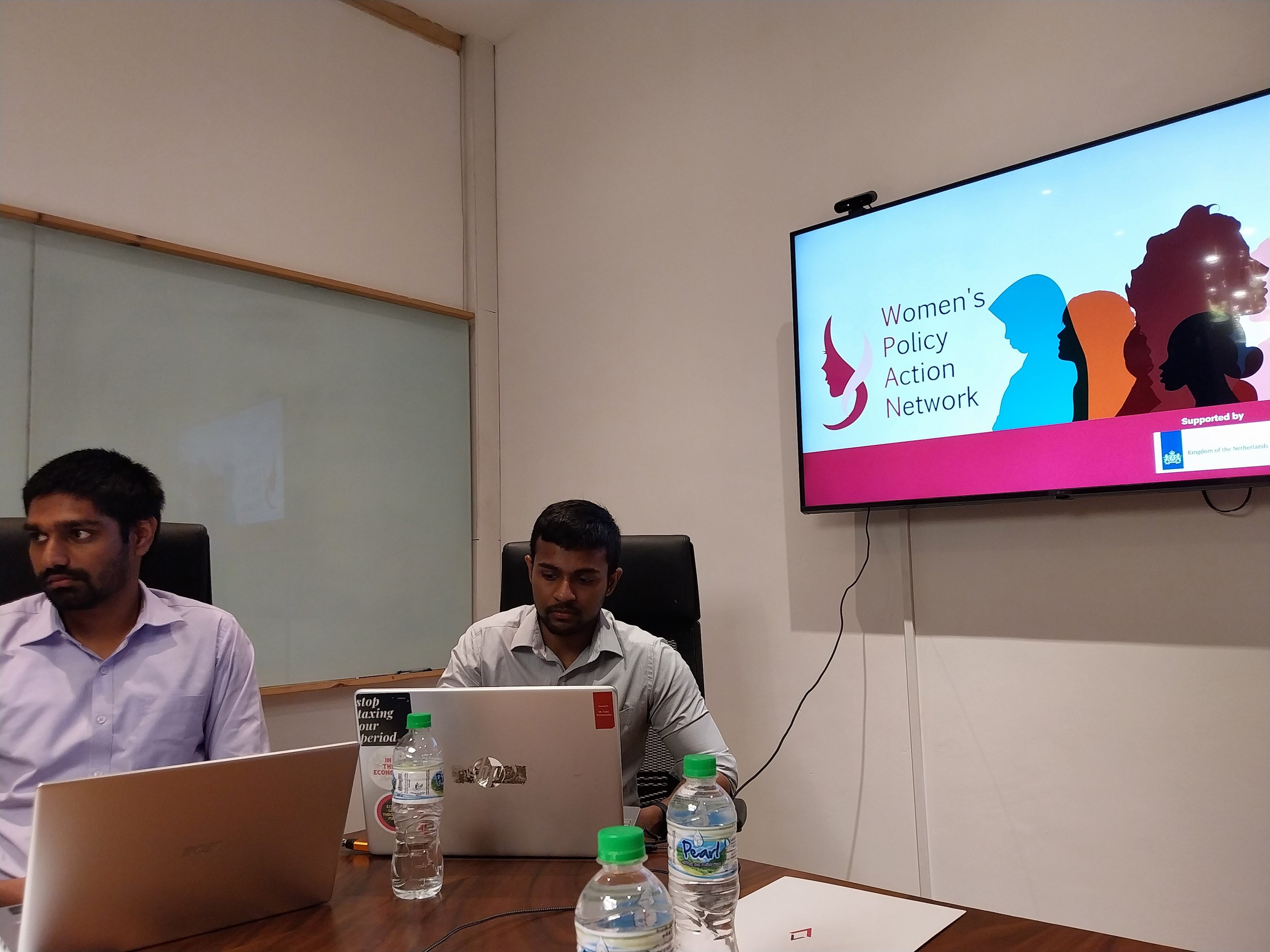Originally appeared on Daily FT, Ada Derana
The Advocata Institute welcomes the government’s stated intention to move from an inward-oriented economy to a more open economy to boost international trade, foreign investment and productivity.
The Sri Lankan government has gazetted the Economic Transformation Bill to overhaul the country's economic landscape. This ambitious Bill aims to create a more competitive, export-oriented, and digitally-driven economy while achieving net-zero emissions by 2050- however, enshrining economic targets in law may prove to be problematic.
Some of the key reforms include the establishment of new institutions that are intended to address some important issues. The Bill proposes establishing an Economic Commission to streamline economic activity and trade, and splitting the role of the Board of Investments (BOI) between Zones SL, Invest Sri Lanka, and the Economic Commission. Additionally, the bill also sets up specialized bodies to focus on promoting foreign investment (Invest Sri Lanka), developing industrial zones (Zones SL) and international trade (Office for International Trade), boosting productivity (National Productivity Commission), and providing economic expertise (Sri Lanka Institute of Economics and International Trade).
The policy will address crucial areas like debt management, agricultural modernisation, import-export regulations, and economic governance.
The Economic Transformation Bill sets ambitious debt reduction targets, aiming to bring the public debt-to-GDP ratio below 95% by 2032 and significantly reduce annual government borrowing needs. This strategy is complemented by a Public Financial Management Bill, which will be introduced alongside the Economic Transformation Act, to ensure responsible management of public finances and prevent future economic crises.
The Bill requires the Cabinet of Ministers to submit a report to Parliament every five years, outlining the policy framework and strategies to achieve the National Economic Transformation goals (Section 5). This may be revised from time to time and presented to Parliament. The first report is to be presented in 2025.
All policies, programmes, regulations, circulars, and directives of the Government shall conform to such National Policy on Economic Transformation. The government will also present a report each year on March 31st detailing progress made towards each target, and any corrective actions taken as and when needed (Section 7).
Limits for levels of debt and public expenditure are within the control of the government and are widely used in other countries. Targets such as Exports/GDP, FDI/GDP while clearly signaling the government's intent, belong more to the realm of policy than law. The bill makes provisions that where these targets have not been met, the Government shall inform Parliament of the measures being taken to remedy the situation and indicate when they will be met. While the remedial measures reflect a commitment to meeting these targets, the practicality of it may be questionable as many factors influencing these targets often extend beyond direct government control.
Key Aspects of Concern
The composition of the Board of the Economic Commission, which proposes a ten member board with four ex officio members of the relevant line ministries while there will be six members appointed by the President. The chairperson of the Economic Commission Board will also be a Presidential appointment, while the Director General of the Economic Commission is a Ministerial appointment. The wide powers exercised by the President over these appointments leave room for questions of credibility and politicization of appointments which needs to be carefully considered. Independent appointments of these key officials is mandatory for effective national policy formulation.
Advocata is concerned that certain provisions of the Bill do not apply to the Colombo Port City Special Economic Zone, established under section 2 of the Colombo Port City Economic Commission Act, No. 11 of 2021. This exclusion could lead to unfair competition.
Another important point of concern is the incentives and exemptions offered to investors under this bill, which leaves room for ad-hoc short-term measures that can be changed from time to time under the prescription of the Minister.
Setting targets on debt and primary balance is commonly found in laws, while targets for GDP growth, exports, and unemployment are often addressed as policy targets. By codifying these targets into law, they gain a degree of enforceability that is not typical for policy goals. This raises questions about the mechanisms for enforcement and the consequences for failing to meet these targets. The decision to legislate specific economic targets in Sri Lanka’s Economic Transformation Act is unusual but comes with potential challenges in terms of enforcement and practicality.





































